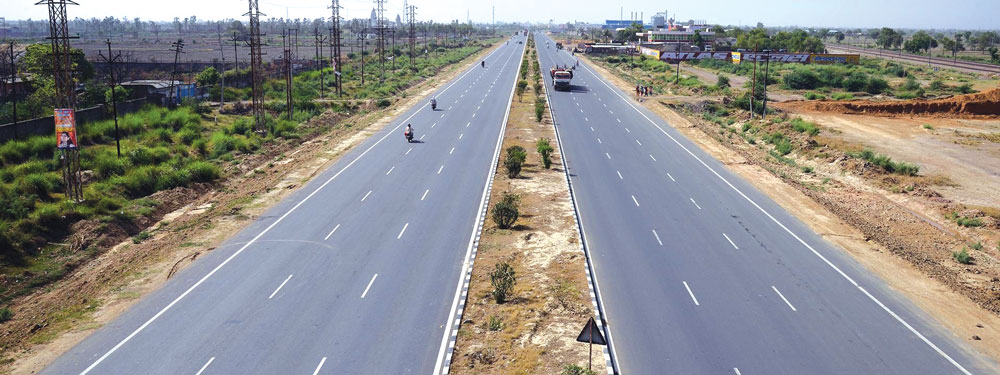BOT ROAD PROJECTS OVERVIEW
ICRA has conducted a study of 120 Build-Operate-Transfer (BOT) road projects which have defaulted during the period FY2011-FY2022. Out of the 120 projects, 86 have defaulted during the operational phase while 34 projects defaulted during the construction phase. In case of operational projects, majority (~57%) of the defaults are on account of lower-than-estimated traffic, 24% are attributable to authority (delay in annuity/grant payments, suspension/exemption of toll collections) and 19% of the defaults are solely attributable to sponsors (non-maintenance of road stretch, regulatory hindrances due to sponsor issues and deterioration in credit profile of sponsor/cash outflow from SPV). Deterioration in financial profile of sponsor and delay in securing RoW are the primary reasons for defaults in under-construction projects.

ICRA has conducted a study of 120 Build-Operate-Transfer (BOT) road projects which have defaulted during the period FY2011-FY2022. Out of the 120 projects, 86 have defaulted during the operational phase while 34 projects defaulted during the construction phase. In case of operational projects, majority (~57%) of the defaults are on account of lower-than-estimated traffic, 24% are attributable to authority (delay in annuity/grant payments, suspension/exemption of toll collections) and 19% of the defaults are solely attributable to sponsors (non-maintenance of road stretch, regulatory hindrances due to sponsor issues and deterioration in credit profile of sponsor/cash outflow from SPV). Deterioration in financial profile of sponsor and delay in securing RoW are the primary reasons for defaults in under-construction projects.
Giving more insights on lower-than-estimated traffic, Rajeshwar Burla, Group Head, Corporate Ratings, ICRA, says, “Lower-than-estimated traffic was on account of aggressive traffic growth assumptions at the time of financial closure or loss in traffic due to alternative routes/toll leakages. With availability of long-term traffic data patterns across various geographies, the stakeholders are now better placed to validate the traffic assumptions. Further, with the implementation of FASTag through which 97-98% of toll collections are made, the toll leakages got arrested to a significant extent. However, the alternate route/mode risk continues to remain a major risk. With the country's transportation network still evolving, alternate modes of transportation in the longer term such as dedicated freight corridor, waterways, new road alignments like economic corridors under Bharatmala as well as upgradations of existing state highways could pose a potent threat.” On reasons for default in case of under construction projects, around 41% of the projects defaulted during the construction phase because of delay in equity infusion by sponsor due to their stressed financial position. In 21% of the projects, the defaults occurred due to the reasons attributable to authority (delay in handing over right of way (RoW), multiple changes in designs and ensuing cost over-runs) and the remaining 39% is on account of both authority and sponsor-related issues.
“The total debt outstanding for the 120 stressed assets stood at Rs 62,000 crore. One-fourth of road projects have come out of default through various routes viz. stake sale and substitution wherein strong sponsor groups/ investors (private equity funds) have taken over the stressed assets, improved cash flow position, and restructuring. Through this, ~Rs 20,000 crore of debt has been regularised. However, the balance ~Rs 42,000 crore of debt is still in default or is awaiting settlement in terminated projects,” Burla adds.
Hits: 1












